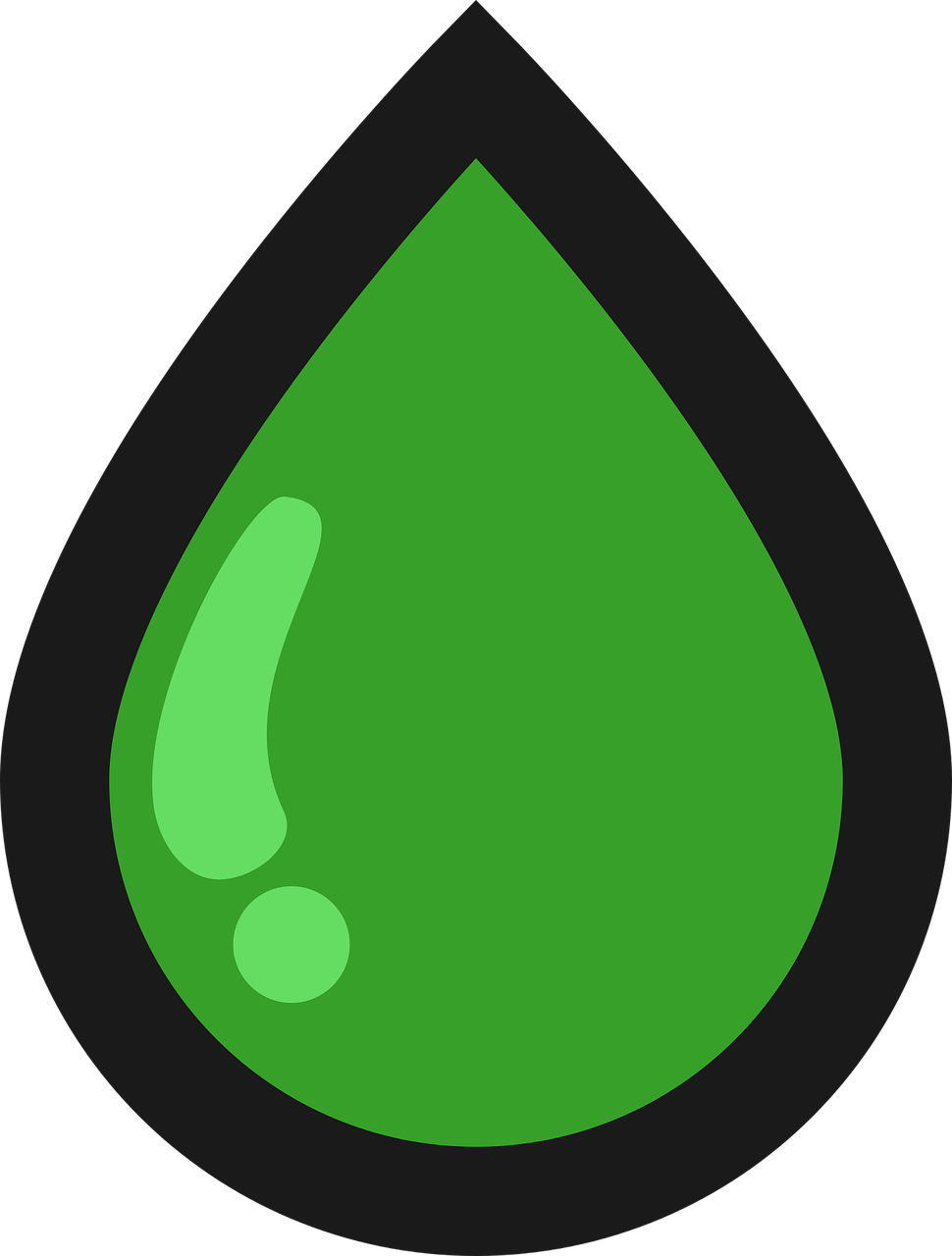Key Takeaways
– CBD is a phytocannabinoid that offers therapeutic benefits without the psychoactive effects of THC.
– CBD and THC interact with receptors in the body in different ways.
– CBD is derived from the hemp plant and is not classified as marijuana.
– CBD belongs to a group of compounds called cannabinoids, which interact with the body’s endocannabinoid system.
– CBD contains valuable nutrients and terpenes that contribute to its therapeutic effects.
Introduction
CBD, short for Cannabidiol, has gained significant attention in recent years for its potential health benefits. Unlike its counterpart THC, CBD does not cause a psychoactive “high” feeling. This article will explore what CBD is, its relationship to THC, its origins from the hemp plant, and its interaction with the body’s endocannabinoid system. We will also delve into the various nutrients and terpenes found in CBD and its wide range of potential uses and health benefits.
The Difference Between CBD and THC
CBD and THC are both cannabinoids found in the cannabis plant, but they interact with receptors in the body in different ways. THC is known for its psychoactive effects and is responsible for the “high” feeling associated with marijuana use. On the other hand, CBD does not produce psychoactive effects and offers therapeutic benefits without altering one’s state of mind. This distinction makes CBD an attractive option for those seeking the health benefits of cannabis without the intoxicating effects.
The Origins of CBD
CBD is derived from the hemp plant, which is a variety of Cannabis sativa. While hemp and marijuana come from the same plant, they have different chemical compositions. Hemp contains high levels of CBD and low levels of THC, while marijuana contains high levels of THC and lower levels of CBD. This difference in chemical composition is what distinguishes hemp from marijuana and allows CBD to be classified separately from marijuana.
The Endocannabinoid System and CBD
The human body has an endocannabinoid system, which is a complex network of receptors that interact with cannabinoids like CBD. This system plays a crucial role in regulating various physiological processes, including mood, appetite, pain sensation, and immune function. CBD interacts with these receptors, helping to maintain balance and promote overall well-being. Research suggests that CBD can have a positive impact on the endocannabinoid system, potentially offering therapeutic benefits for a wide range of conditions.
The Nutrients and Terpenes in CBD
CBD contains not only cannabinoids but also valuable nutrients such as vitamins, minerals, and essential fatty acids. These nutrients contribute to the overall health benefits of CBD. Additionally, CBD contains terpenes, which are aromatic compounds found in various plants, including cannabis. Terpenes not only give CBD its distinct aroma but also have therapeutic effects of their own. Different strains of CBD can have different terpene profiles, which may contribute to their unique therapeutic properties.
Potential Uses and Health Benefits of CBD
CBD has been studied for its potential uses and health benefits in various conditions. Research suggests that CBD may have anti-inflammatory, analgesic, and neuroprotective properties. It has shown promise in managing chronic pain, reducing anxiety and depression, alleviating symptoms of epilepsy, and even potentially inhibiting the growth of cancer cells. However, more research is needed to fully understand the extent of CBD’s therapeutic potential and its specific applications.
Conclusion
CBD, derived from the hemp plant, offers a wide range of potential uses and health benefits. It interacts with the body’s endocannabinoid system, providing therapeutic effects without the psychoactive effects of THC. CBD contains valuable nutrients and terpenes that contribute to its overall health benefits. While research on CBD is still ongoing, it has shown promise in managing various conditions and promoting overall well-being. As CBD continues to gain recognition, it is important to consult with healthcare professionals and ensure the use of high-quality CBD products for optimal results.



